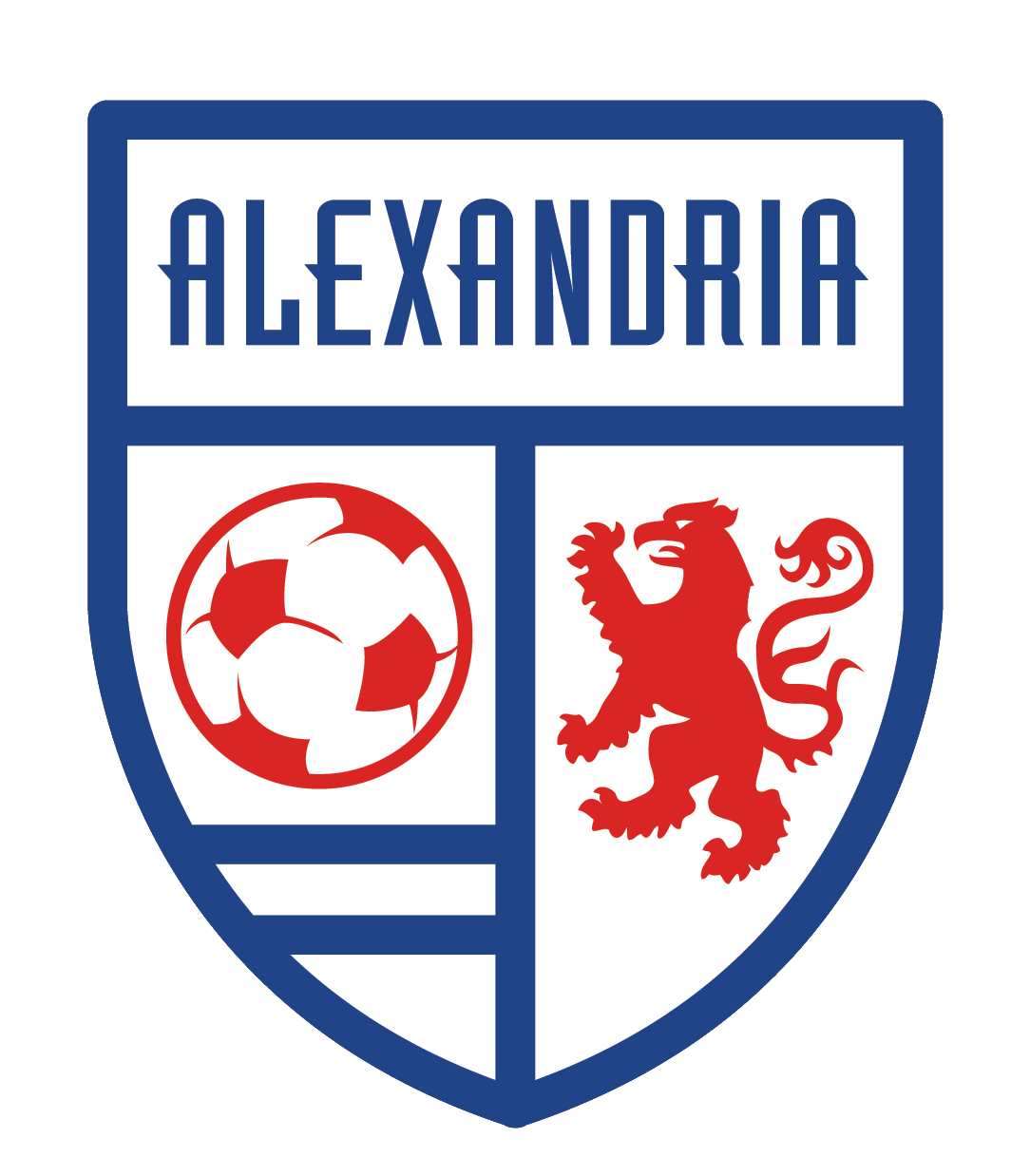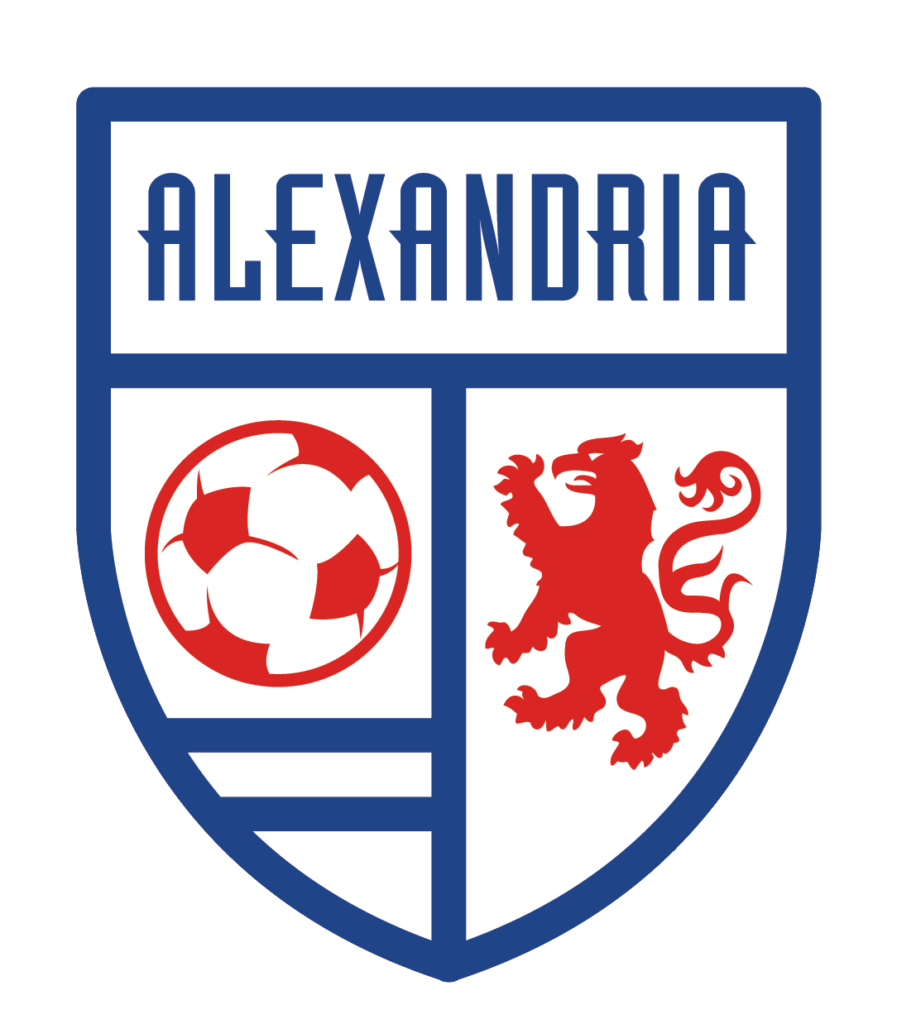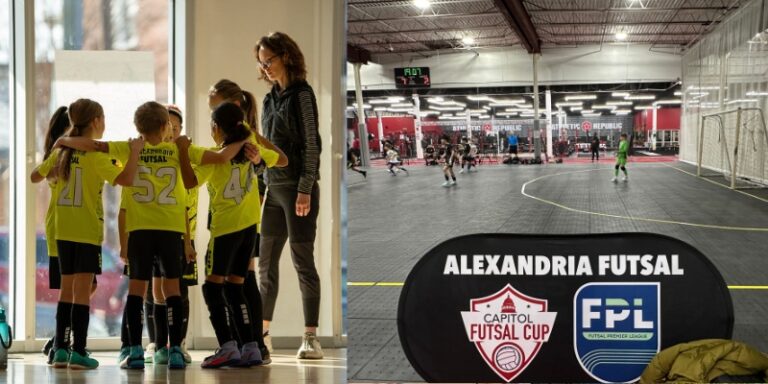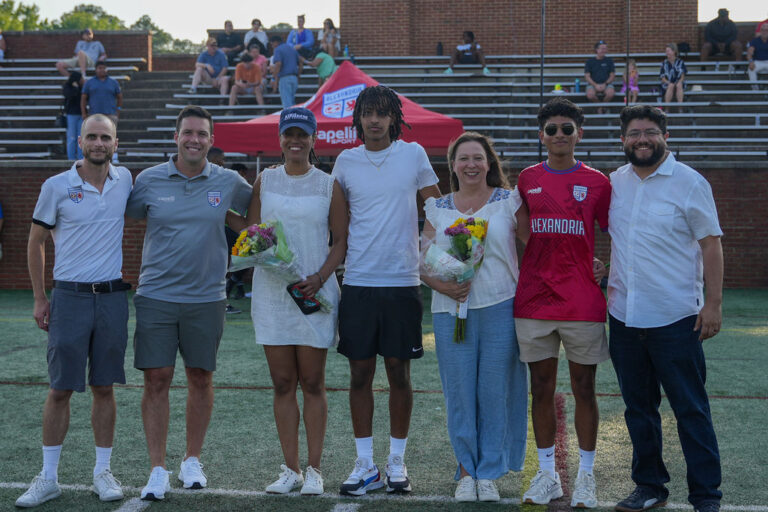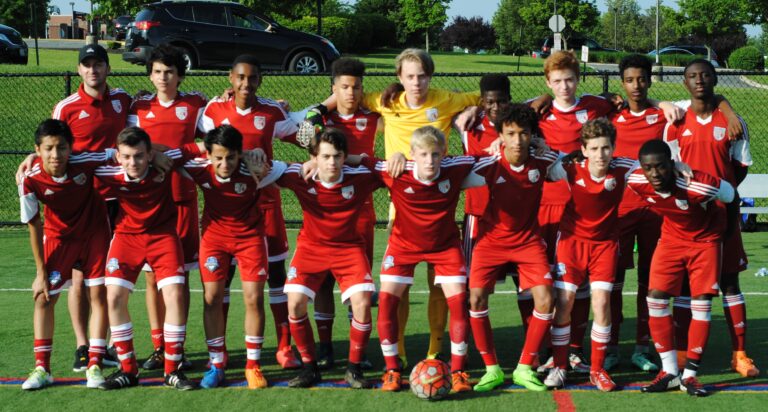The popularity of the US Women’s National Team and the National Women’s Soccer League (NWSL) both continue to grow, alongside the number of girls who play soccer each year in the United States. Unfortunately, the number of female soccer coaches, at every level of play, remains lackluster.
In 2018 only 26.2% of Division I NCAA women’s soccer teams were coached by women. As of June 2020, the NWSL had just one female head coach — Sky Blue FC’s Freya Coombe — and only nine women making up the league’s 36 total coaching jobs. There are many variables that lead to the discrepancy and lack of female versus male soccer coaches, some of which include: access to coaching courses, mentorship opportunities, lack of post-college high level soccer experiences, lack of gender and racial diversity in soccer leadership at all levels, and more.
————————————————————————————
Last fall Tim Lenzo, ASA Academy Coach and Director of Futsal programs, had the idea to launch a Coach-in-Training program for our oldest girls Academy participants. Participants from our 2002 and 2003 girls teams applied for the positions and once accepted, were matched up as assistant coaches with our 2012 and 2011 (U9 and U10) Academy girls teams. The idea was simple—give our oldest participants a coaching experience and energize our younger participants with fun, passionate and relatable female role models.
Each assistant coach attended at least one practice session a week with her team along with a weekend game. Jim Hogan, age group lead for the 2011 Academy girls teams, explained the evolution of the experience and responsibility throughout the season. “We slowly added more and more responsibility, as a coach, into their role on the practice field. In the beginning the assistant coaches observed training, helped with set-up and break down of activities and kept extra players active and engaged if there were odd numbers for an activity. As they built more understanding and confidence in how practices run, they worked with small groups of players, facilitated the start of activities and offered advice to players in 1-on-1 situations.”
Throughout the fall the assistant coaches learned a wide range of coaching lessons that spanned from tactical and technical nuances and how to run and adapt a session, alongside seemingly small tips such as how a coach can position herself when talking to the team so that the players aren’t staring into the sun.
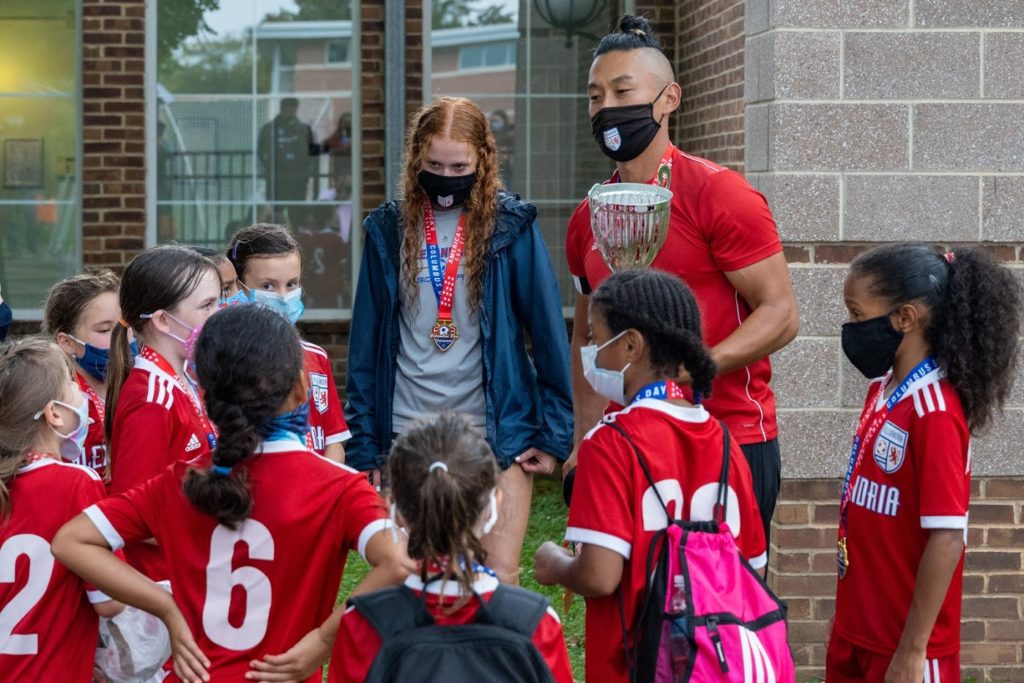
“Soccer has been a huge part of my life. It has helped me learn to work with others and has taught me to challenge myself to always improve. I volunteered for the program because I loved the idea of getting a chance to share my love of soccer with young girls and to inspire them.” ~Cait
————————————————————————————
Lulu, an 02 Academy Player and assistant coach for the 2012 girls white team said, “If you ever have the opportunity to help coach a team do it. I am telling you it is one of the best experiences and it helps you develop a lot of skills (regarding: communication, leadership, soccer skills, etc). Additionally, when I play now, I remind myself of the basics: play back if you need to, get wide when on offense, pinch in, and to do my job on the field. Sometimes, if you have been playing so long you forget the basics… Now I get a weekly reminder of how important the basics are, which then translates over to how I play.”
Tim Lenzo shared that his biggest surprises in the pilot season of this program were how quickly the younger players took to their assistant coaches and the immediate responsibility shown by the high school girls. Tim said, “the assistant coaches connected with the players in ways that a coach can’t always connect. The younger girls looked forward to their assistant coach coming to games and practices and it was great for them to have a role model closer to their age—someone who has been in their shoes who they can emulate and relate with.”
Cait, a 2002 player and assistant coach for 2012 girls red said, “My favorite part of the experience was spending time and getting to know all the players. My favorite memory was winning the Columbus Day Tournament. Seeing how happy they were as they lifted their trophy reminded me why I love soccer and being part of a team.”
————————————————————————————
Thank you to Ava, Cait, Delaney Lila, Lulu and Megan for their assistant coach roles in the pilot season of our Coach in Training program!
ASA will continue developing this program and we look forward to welcoming another group of assistant coaches for the spring season. Sign up here! High school girls from the pilot season will go on to play college soccer and our younger girls look forward to cheering them on. We hope that with this experience the 2002 and 2003 girls have gained confidence in their coaching abilities and an understanding of the role of a coach. Whether or not they choose to coach in the future (there’s always a spot at ASA for them!), they have developed lifelong skills and left a lasting impact on the young players they coached.
